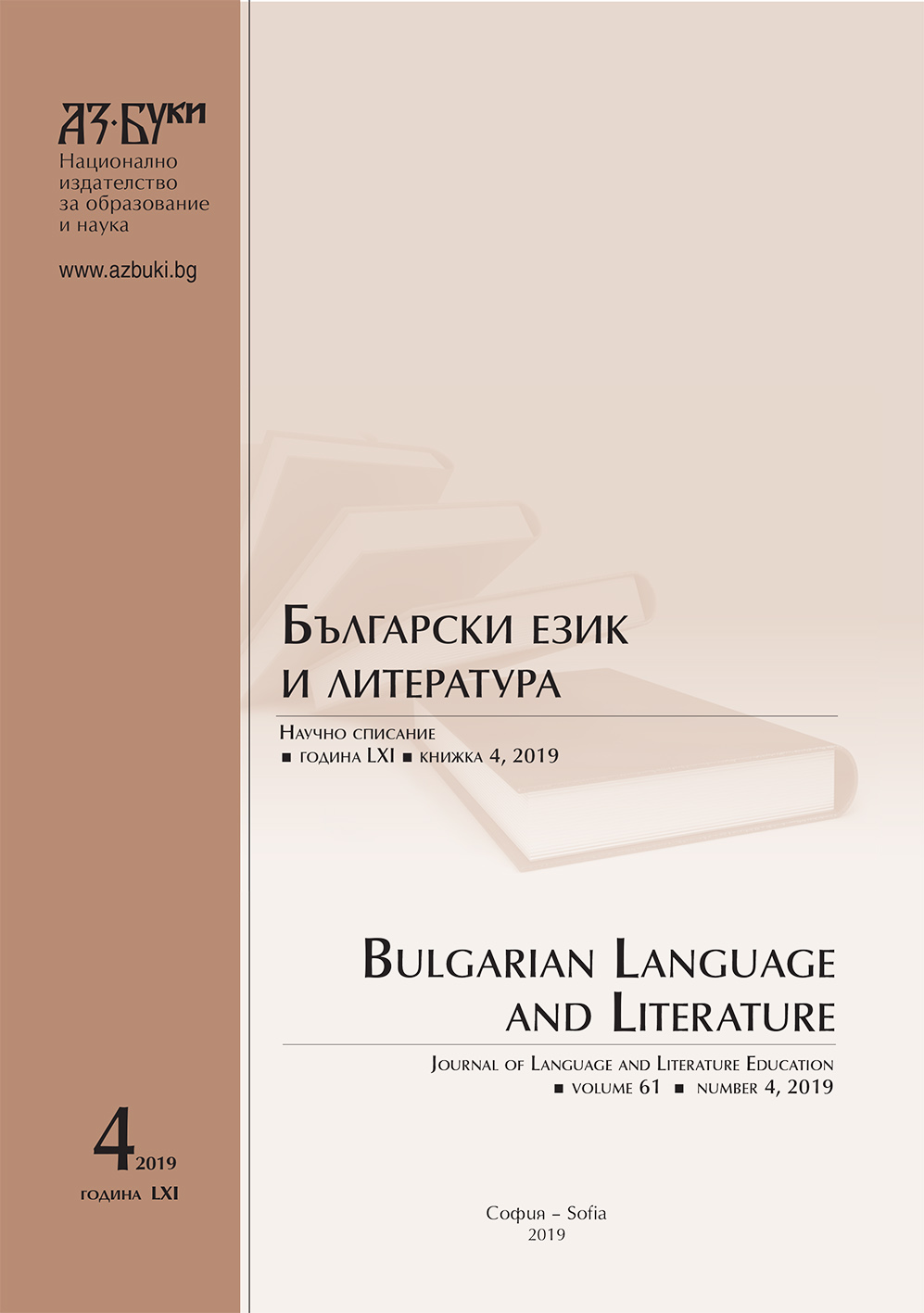Подчинени определителни да-изречения в българския език: семантична специфика
Adnominal da-clauses in Bulgarian Language: Semantic Specificity
Author(s): Galina PetrovaSubject(s): Social Sciences, Language studies, Language and Literature Studies, Education, Theoretical Linguistics, Applied Linguistics, South Slavic Languages, School education, Vocational Education, Higher Education
Published by: Национално издателство за образование и наука „Аз-буки“
Keywords: adnominal da-clauses; modality; habituality; Bulgarian
Summary/Abstract: The Bulgarian adnominal da-clauses, which have completely displaced the Old-Bulgarian infinitive constructions, are distinguished for a specific semantic specialization: to denote non-referential situations. Their invariant meaning is non-factivity. The research on da-clauses is mostly concentrated on their modal meaning. However, the empirical analysis shows another type of non-factivity: a habitual meaning related to generalized presentation of real situations. The aim of the paper is to present these two variants of non-factivity. The study focuses on the relationship between their expression and the meaning of the modified noun as a factor determining the use of the conjunction da (as a non-factivity marker) and che (as a factivity marker). Two groups of nouns are analyzed: nouns allowing only da-clauses (with modal and habitual meaning) and nouns allowing da- and che-clauses (with neutral meaning).
Journal: Български език и литература
- Issue Year: 61/2019
- Issue No: 4
- Page Range: 389-397
- Page Count: 9
- Language: Bulgarian
- Content File-PDF

